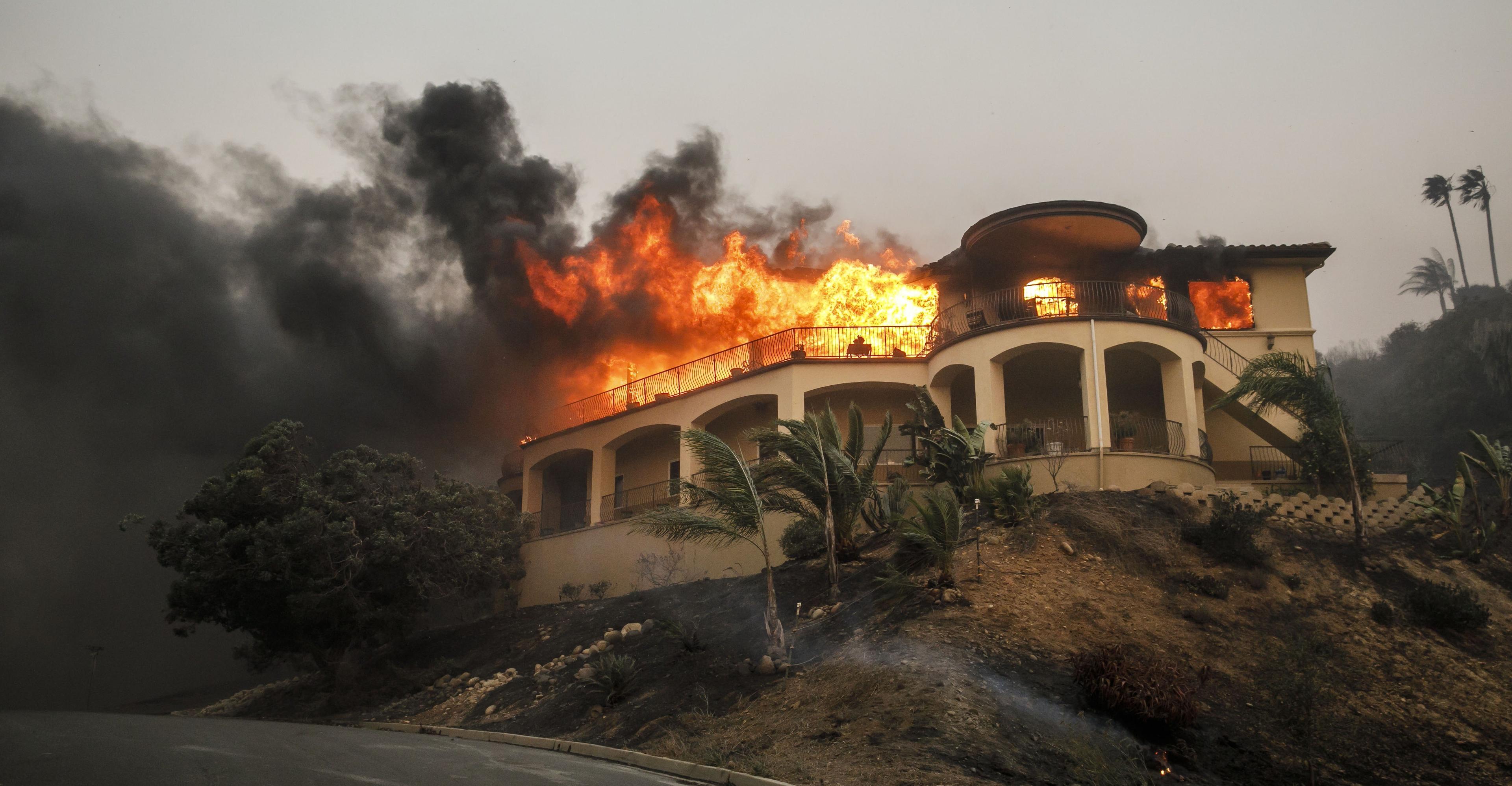This time 260 million ballot papers with special security features have been printed for the general elections.


Lahore: The polling process for Pakistan's 12th and the biggest general election in the country's history has started today (Thursday).
During the general elections, the largest number of candidates in the history of the country, including 882 women and four transgenders, are participating for 855 constituencies of the national and four provincial assemblies, whose number is 17,816.
During the ongoing polling for the general elections, 128.585760 million voters will be able to exercise their right to vote today.
According to the Election Commission of Pakistan (ECP), voters will be given green ballot paper for National Assembly and white ballot paper for Provincial Assembly.
The Election Commission stated that polling has been postponed due to the deaths of candidates in four constituencies.
This time 260 million ballot papers with special security features have been printed for the general elections.
Earlier in general elections 2018, 220 million ballot papers were printed and 800 tons of special security paper was used for it, while 260 million ballot papers were printed for the 2024 general elections for which 2170 tons of papers were used.
According to the ECP, 90,675 polling stations and 266,398 polling booths have been established across the country to exercise the right of the people to vote.
1,490,000 election staff are performing the duties of the election for the ongoing polling during the general elections across the country, the unofficial result of each constituency will be released from the offices of the returning officers.
Today, 128.585760 million voters will be able to exercise their right to vote across the country, in which 69.2263704 are male and 59.322056 female voters are eligible to vote. About 54 percent of the total registered voters are male and 46 percent are female voters.
According to the ECP, 23.518371 new voters under the age of 25 years have been registered, among the newly registered voters, the number of women voters is more than men.
73.27896 million voters will exercise their right to vote for electing their representatives on 141 seats of the National Assembly and 297 seats of the Provincial Assembly.
26.994769 million voters will choose their favorite candidates on 61 seats of National Assembly and 130 seats of Provincial Assembly from Sindh.
While, 21.928119 million registered voters of the province will be able to exercise their right to vote on 45 seats of the National Assembly and 115 seats of the Provincial Assembly from Khyber Pakhtunkhwa.
Whereas, 5.371947 million voters will exercise their right to vote on 16 seats of the National Assembly and 51 seats of the Provincial Assembly from Balochistan.
According to the Election Commission, 1.08329 million voters will choose their representatives on three seats of the National Assembly from Islamabad.
According to the Election Commission, 16,766 polling stations across the country have been declared highly sensitive while 29,985 have been declared sensitive. Pakistan Army is being deployed at the most sensitive polling stations.
The Presiding Officers have been given the powers of Magistrate-I to control the law and order situation at the polling stations.
Election Management System (EMS) will be used for transmission and editing of election results.
According to the ECP, Pakistan Army has been deployed for the security of delivery of electoral materials to the polling station, counting and returning to the offices of the returning officers.
Election Commission Director General Information Technology Khizr Aziz said that a private network is being used to transmit the results, this time RTS is not being used.
He stated that he assured the nation that the EMS is a special software, and this system has been given to the office of 859 returning officers, four data entry operators, four laptops and IT equipment have been given to the RO office.
Director General (DG IT) said that EMS has also been installed in the mobile phones of presiding officers who will take a picture of Form 45 on their mobile and send it to the returning officer. Form 45 will automatically reach the RO.
He added, ‘The presiding officer has to go to the RO under section 95. The presiding officer can show the Form-45 to the returning officer on his mobile and it will be automatically locked in the mobile of the presiding officer’.
The officer stated that while making Form-47, the RO will make sure that Form 45 is locked in the mobile of the presiding officer.
Strict security measures
According to the ECP, 16,766 polling stations across the country have been declared highly sensitive while 29,985 have been declared sensitive. Pakistan Army has been deployed at the most sensitive polling stations.
The Presiding Officers have also been given the powers of Magistrate First Class to control the law and order situation at the polling stations.
Strict security measures have been taken throughout the country on the occasion of the general elections, a total of 500,000 security personnel will be on duty in the general elections.
For security, police will be deployed in the first level, paramilitary forces in the second level, Pakistan Army as a quick response force in the last and third levels.
The ECP told that Pakistan Army will be responsible for the security of delivery of electoral materials to the polling station, counting and returning to the offices of the returning officers.
Special instructions for political parties regarding polling
According to the special instructions given by the ECP to the political parties regarding the polling, no campaigning will be allowed up to 400 meters around the polling station.
Also, persuading voters and soliciting them to vote and not to vote will also be prohibited within the same limits.
According to the Election Commission, the camps of political parties will be at a distance of 400 meters from the polling station in rural areas and 100 meters in densely populated urban areas

The political backlash to AI is overstated
- a day ago
At the start of the new year, PSX hits new milestone crossing 176,000 points
- a day ago
Porzingis (illness) to return Wed. for sliding Hawks
- a day ago

PM orders all ministries to fast-track investment recommendations
- a day ago

26 things we think will happen in 2026
- 8 hours ago
Suns guard Green fined $25K for using profanity
- a day ago

Inside Trump’s “no data, just vibes” approach to science
- a day ago

Petkit’s first automatic wet food feeder keeps track of how much your pet eats
- an hour ago

You can’t trust your eyes to tell you what’s real anymore, says the head of Instagram
- 10 hours ago

PM Shehbaz Sharif directs to digitize oil and gas supply chain
- 19 hours ago
Jokic avoids serious knee injury, to miss 4 weeks
- a day ago

Pakistan and India exchange lists of prisoners and nuclear installations
- a day ago

.webp&w=3840&q=75)






